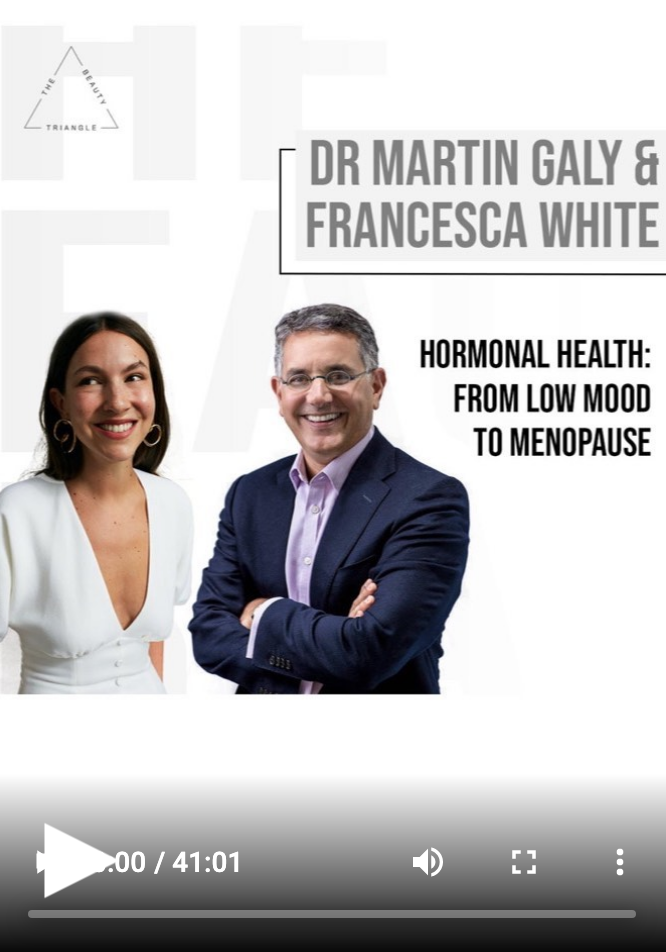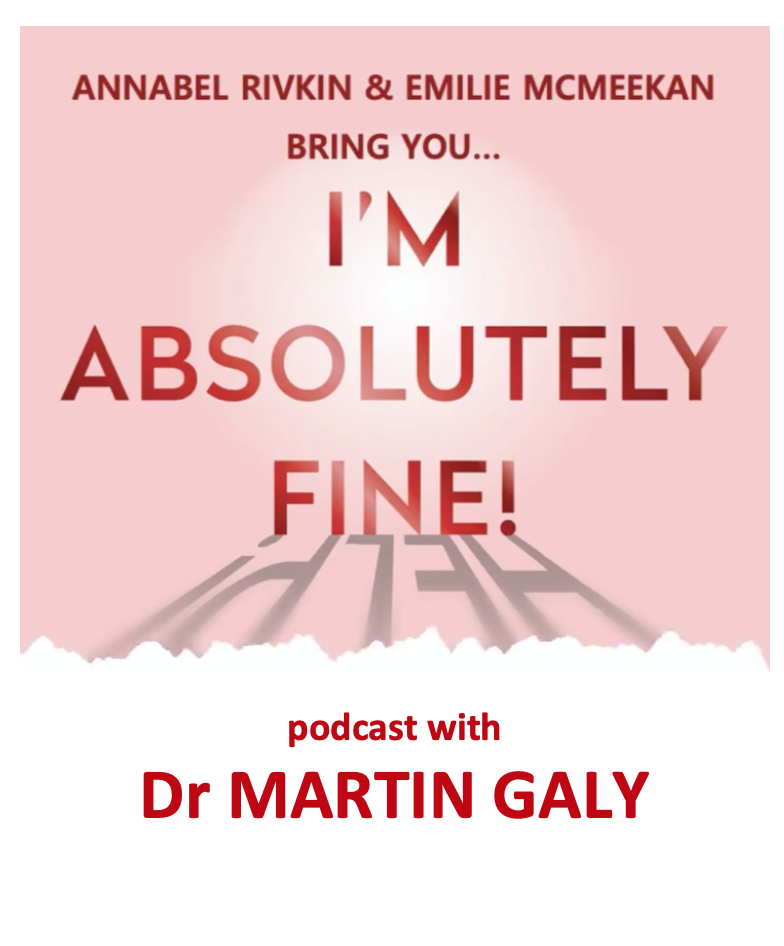Boosting Your Testosterone Naturally
Although this advice is aimed at all men interested in increasing testosterone naturally (ie without starting testosterone replacement therapy), it is particularly important for younger men who have discovered that their testosterone levels are low, or lower than expected given their fitness levels.
Testosterone replacement therapy (TRT) is generally not recommended for men before they have had children, primarily because TRT has been linked to reduced fertility through sperm suppression. (1)
Testosterone levels in men are very variable, so diagnosis and treatment options should not be based on one off readings, but rather on a trend shown over a period on multiple samples of blood.
The huge variability in T- levels is due in part to the high sensitive of the endocrine system to our environment around us. Pollution, plastic, toxic lifestyles fuelled by fast processed, medication drugs or alcohol, and even poor sleep patterns all negatively impact on T-levels.
So how can you increase testosterone naturally without adversely affecting your sperm levels through using testosterone treatments?
A combination approach including some lifestyle adjustments and the correct type of exercise, diet and supplements could result in a normalisation of testosterone levels.
Regular Sex
Lower T-levels may be related to abstinence, with HIGHER T levels found with RESUMED SEXUAL ACTIVITY. Sexual activity can feed itself through the activation of hypothalamic–pituitary axis by the production of hormones that themselves increase T levels. These increased T-levels prepare for the next sexual meeting and for the re-activation of the same endocrine axis by further raising levels of testosterone enhancing hormones like luteinising hormone from the pituitary. Plainly put, more sex = more testosterone. (2)
However, sex with one partner, indeed settling into a stable relationship and reaching sexual satiety, may in fact reduce T-levels by increasing other nesting hormones like oxytocin. (3)
Sleep
Making sleep a priority may help maintain testosterone levels. People should aim to sleep at least 7 to 8 hours each night. Anyone having problems getting good quality sleep on a regular basis should talk to their doctor.
Lack of sleep can adversely affect the levels of hormones and chemicals that the body needs to function correctly, including testosterone.
One study from the University of Chicago found that testosterone levels can drop in men who do not get enough sleep.
Ten healthy men aged around 24 years old spent 1 week sleeping for 8 hours per night at home, they then spent the next 11 nights in a lab. They slept for 10 hours per night for 3 nights, followed by 8 nights of restricted sleep, when they slept for only 5 hours. Doctors checked their blood every 15 to 30 minutes during the last night that they slept 10 hours, as well as on the sleep-restricted session.
The researchers found that after only 1 week of restricted sleep, daytime testosterone levels dropped by up to 15 percent. By contrast, normal aging sees testosterone decreases of just 1 to 2 percent per year.
Optimum weight and BMI
If your BMI is between 18.5-24.9: Your BMI is considered normal. This healthy weight helps reduce your risk of serious health conditions and means you’re close to your fitness goals. You can calculate your BMI HERE
Fitness levels and type of exercise
The general consensus here is that although exercise is very important, the wrong type of exercise may actually reduce your testosterone levels, when the right type of exercise can markedly improve your T-levels.
- Resistance / Weight training.
- Focus on large muscle groups and complex exercises such as squats and deadlifts.
- Resistance training with Heavy weight, using low repetition sets, with moderate rest times between sets (NOT SHORT RESTS) is best for increasing testosterone
- CARDIO DOES NOT HELP. (4).
- Reduce or Stop the cycling, marathon running, and aerobic classes.
Nutrition
- Increase your fat intake, particularly, grass fed butter, coconut oil, avocado, and egg yolk. (5)
- Reduce your sugar intake. (6)
- Low/ No alcohol
- Intermittent fasting – Three meals per day, between the hours of 9am and 5pm. NO snacking
Vitamins and Supplements
- Vit D – measure optimum level with your doctor (7)
- Selenium – measure optimum levels with your doctor (8)
- Zinc (9)
- Magnesium (10)
- Vit B6 to your regime (4)
- Branched chain amino acids BCCA from food as below or protein supplements. There are 20 different amino acids that make up the thousands of different proteins in the human body. Nine of the 20 are considered essential amino acids, meaning they cannot be made by your body and must be obtained through your diet. Of the nine essential amino acids, three are the branched-chain amino acids (BCAAs): leucine, isoleucine and valine. You can find a list of foods rich in each of these HERE. Alternatively, below is a sample table of food that contains the best levels of BCCA
- Creatine is known for its small but reliable testosterone increases. Creatine occurs naturally in salmon, tuna, and beef. A 2006 study found higher levels of testosterone in college football players after taking creatine supplements for at least 10 weeks. (11) However this should be done under supervision to ensure that liver and kidney function is never compromised.
Detox your lifestyle
Plastics, pesticides, smoking and alcohol, all can redcue T-Levels. Read my previous blog here about this.
(1) https://www.ncbi.nlm.nih.gov/pmc/articles/PMC4708215/
(2) https://www.nature.com/articles/3900832
(3) https://www.ncbi.nlm.nih.gov/m/pubmed/17268169/
(4) https://www.ncbi.nlm.nih.gov/pmc/articles/PMC1724199/
(5) https://www.ncbi.nlm.nih.gov/pubmed/6538617
(6) https://www.ncbi.nlm.nih.gov/pubmed/15983313
(7) https://www.ncbi.nlm.nih.gov/pubmed/21154195
(8) https://www.ncbi.nlm.nih.gov/pubmed/23678636
(9) https://www.ncbi.nlm.nih.gov/pubmed/7271365
(10) https://www.ncbi.nlm.nih.gov/pubmed/20352370
(11) https://www.ncbi.nlm.nih.gov/pubmed/17136944







































































